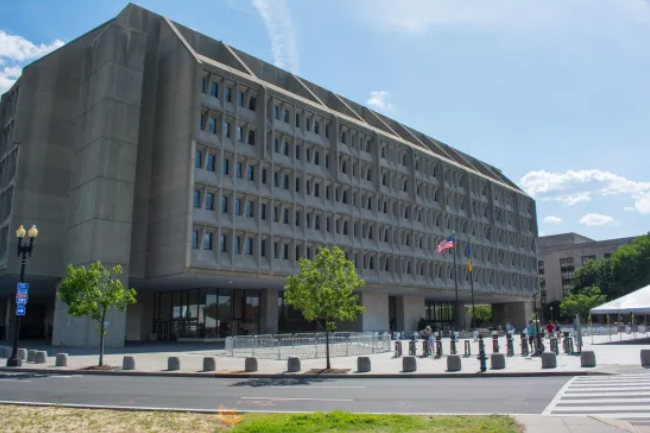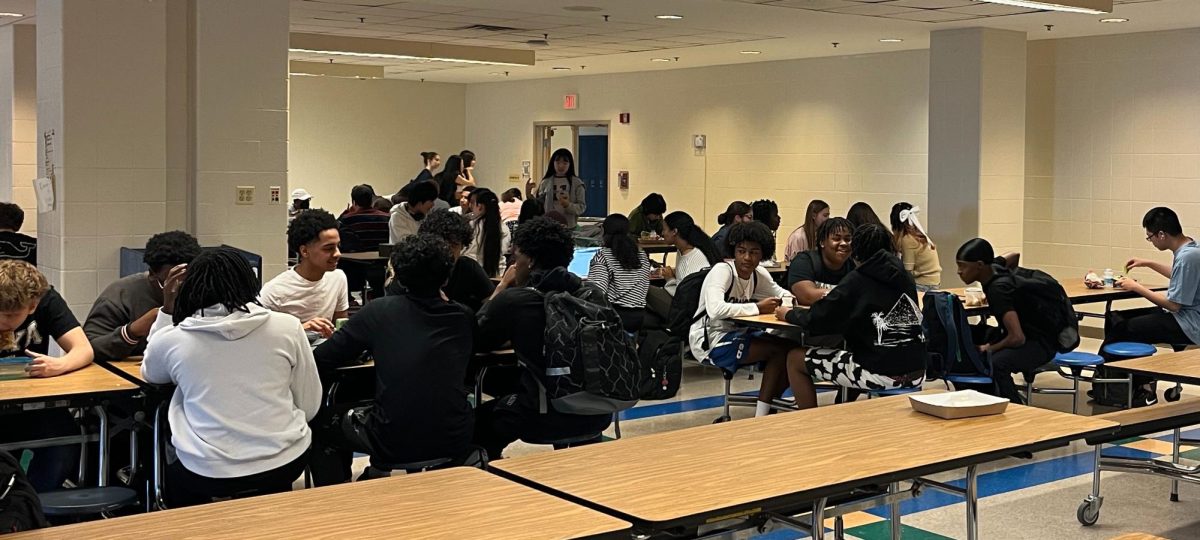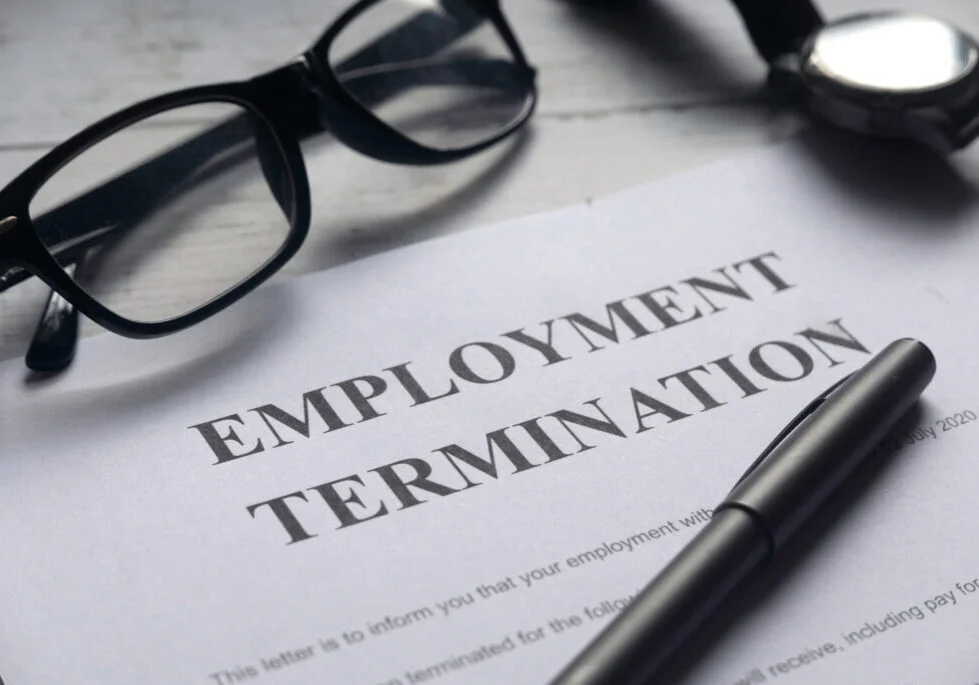The one thing WCHS students can all agree on is having a love for last year’s school-wide deadlines. The two-week deadline system gave students a sense of relief concerning their workload when managing up to seven different classes. But when students returned from summer vacation this year, the sacred deadlines were discarded and the grading policy was altered.
“The grading policy from [my] freshmen to senior year completely changed,” WCHS senior Peyton Goldman said. “There were no deadlines in my freshman year except for at the end of the quarter since we had just gotten back from COVID-19. The lowest grade a teacher could give was 50 percent. By my senior year, the deadlines had changed, with Practice and Preparation [assignments] being due right away and [All Tasks assignments] being due five school days after the due date. Teachers are also able to give zeros now.”
The COVID-19 pandemic threw both the WCHS and MCPS grading policies off course, especially with regards to their alignment with each other. To fix this problem, WCHS has been slowly phasing in modifications to the grading policy year by year to get up to the MCPS standard.
“MCPS [made] changes around the 50 percent rule, and the biggest change from MCPS was [the clause stipulating that] ‘teachers may give kids a zero,’ which they changed the language of to ‘teachers will give kids a zero’ if they do not do anything,” WCHS Principal John Taylor said. “The specifics of what you need to do [to get a zero] is unique to WCHS.”
In order for WCHS to get up to par with the MCPS policy that was put in place after the chaotic COVID-19 pandemic, the WCHS administration has enacted various procedures to follow before a student can receive a zero this year.
“Even though the board says you are allowed to take credit or take points off for late work, we’ve said as a school that we don’t think that that is really good for kids,” Taylor said. “So, we are not going to take off points for late work.”
The changes to the grading policy were heavily thought through and discussed. Once the changes were confirmed, the WCHS administration was selective about when the adjustments would be implemented.
“We decided not to make any changes in the middle of the school year, we did not think that was fair especially after the second semester had already started,” Taylor said. “We have what we call an Instructional Leadership Team, which has staff representatives from the chairs of all the departments and all the administrators. We have a week-long meeting in the summer. During that time, we spent a couple of days talking through these changes.”
The WCHS administration saw that there needed to be a change to the policy during this school year. In the past, many students were abusing grading policies such as the 50 percent rule and deadline policy. This abuse led to a fair amount of grade inflation. Grade inflation gives higher grades to less rigorous work, which is what old policies were allowing.
“Oftentimes, we are making these very final comparisons between amazing and outstanding, which really puts kids in a difficult spot,” Taylor said. “When students go to apply to colleges, a lot of them have very similar GPAs but their actual mastery or preparation for college may not be the same. I think this will differentiate a little bit more for kids who will stand out, and who are doing everything they are asked in class.”
WCHS is filled with many high-achieving students who are involved in numerous extracurricular activities on top of their class workload. Students were grateful for the two-week deadline system from the previous school year because it gave them a way to manage their time and load.
“I feel that this new [deadline] policy was not needed and that it was better when we had four deadlines throughout a quarter,” Goldman said. “It helped students who missed a few days of school, had a lot of work one night or had busy afternoon schedules, they were able to separate their workload to manage their time wiser.”
Teachers are particularly in favor of the five school-day deadlines following the due date. Unlike the past policy, this year the deadlines are individual to each assignment in each class making teachers’ lesson planning much easier.
“[Teachers used to] have to plan their instructional flow over the course of a unit around the school-wide deadlines to make sure it would work,” Taylor said. “They would not have a major assignment due the day of the deadline, they always had to be constantly adjusting [their lessons]. They are very happy about having this [additional] freedom and a little bit more control over how their lessons and the order that they are doing materials happen.”
The roots of the school grading policy remain the same, such as All Tasks Assignments being marked within the 90 percent category, Practice and Preparation within the 10 percent category and multiple opportunities for reassessment in a quarter. Ultimately, the new policies are meant to create more responsible and organized students.
“I think the two big [changes] for students are no longer having the school-wide deadline and having to manage a due dated deadline for each individual assignment,” Taylor said. “This requires the students [to be more] organized and be aware of when things are due, [rather than] what the deadline is… that is just a more difficult thing to manage.”









